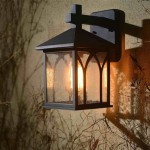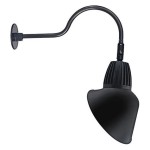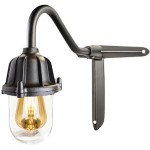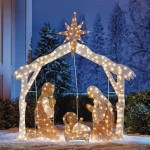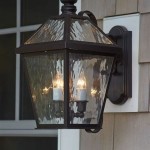What Type Of Cable Is Used Outdoors?
When selecting cables for outdoor use, it's essential to consider various aspects to ensure the cable's durability, reliability, and safety. This article will delve into the key factors to keep in mind when choosing the appropriate cable for your outdoor applications, providing insights that will help you make an informed decision.
1. Insulation Material: The insulation material plays a crucial role in protecting the cable from moisture, UV radiation, and other environmental elements. Common insulation materials used in outdoor cables include polyethylene (PE), cross-linked polyethylene (XLPE), and ethylene propylene diene monomer (EPDM), known for their resistance to water, sunlight, and heat.
2. Jacket Material: The jacket material provides an additional layer of protection over the insulation. For outdoor applications, cables with a tough and durable jacket, such as polyvinyl chloride (PVC), are recommended. PVC jackets are resistant to abrasion, chemicals, and weather conditions, ensuring the cable's integrity.
3. Shielding: Shielding is an essential aspect of outdoor cables, as it helps protect against electromagnetic interference (EMI) and radio frequency interference (RFI). Cables with braided copper or aluminum shields are commonly used for outdoor applications, effectively reducing noise and ensuring signal integrity.
4. Conductor Material: The conductor material determines the cable's ability to carry electrical current. Copper is a widely used conductor material for outdoor cables due to its excellent conductivity and corrosion resistance. Aluminum conductors can also be used, but they have a lower current-carrying capacity than copper.
5. Cable Type: Depending on the application, different types of cables are suitable for outdoor use. Common cable types include:
- Direct Burial Cables: Designed to be buried directly in the ground, these cables are typically used for electrical power distribution.
- Aerial Cables: Suspended in the air using poles or towers, these cables are ideal for transmitting data and telecommunications signals.
- Submersible Cables: Used in underwater applications, these cables are resistant to water and moisture ingress.
6. Certification and Standards: To ensure the reliability and safety of outdoor cables, it's important to choose cables that meet relevant industry standards and certifications. Look for cables certified by organizations like Underwriters Laboratories (UL), Canadian Standards Association (CSA), or the International Electrotechnical Commission (IEC).
Conclusion: By carefully considering the above aspects, you can select the most appropriate cable for your outdoor application. Whether it's a direct burial cable for power distribution or an aerial cable for data transmission, choosing the right cable will ensure durability, reliability, and safety in the face of outdoor environmental challenges.

How To Choose A Suitable Outdoor Network Cable

What You Should Know About Outdoor Fiber Optic Cable News Sun Telecom Total Solutions

Outdoor Electrical Cable A Free All Inclusive
What Type Of Electrical Wire Is Used Outdoors Quora

What Makes Electrical Cables Suitable For Outdoor Use Yifang Electric Group Inc

What Ethernet Cable Is Good For Outdoor Use

Romex Wiring Outdoor Conduit Wesbell Electronics

1 0mm 3 Core Trs Cable Upv Rubber Suitable For Outdoor Use Electricsandlighting Co

What Makes Electrical Cables Suitable For Outdoor Use Yifang Electric Group Inc

External Cat5e Outdoor Use Copper Ethernet Network Cable Reel Utp 50m Black


